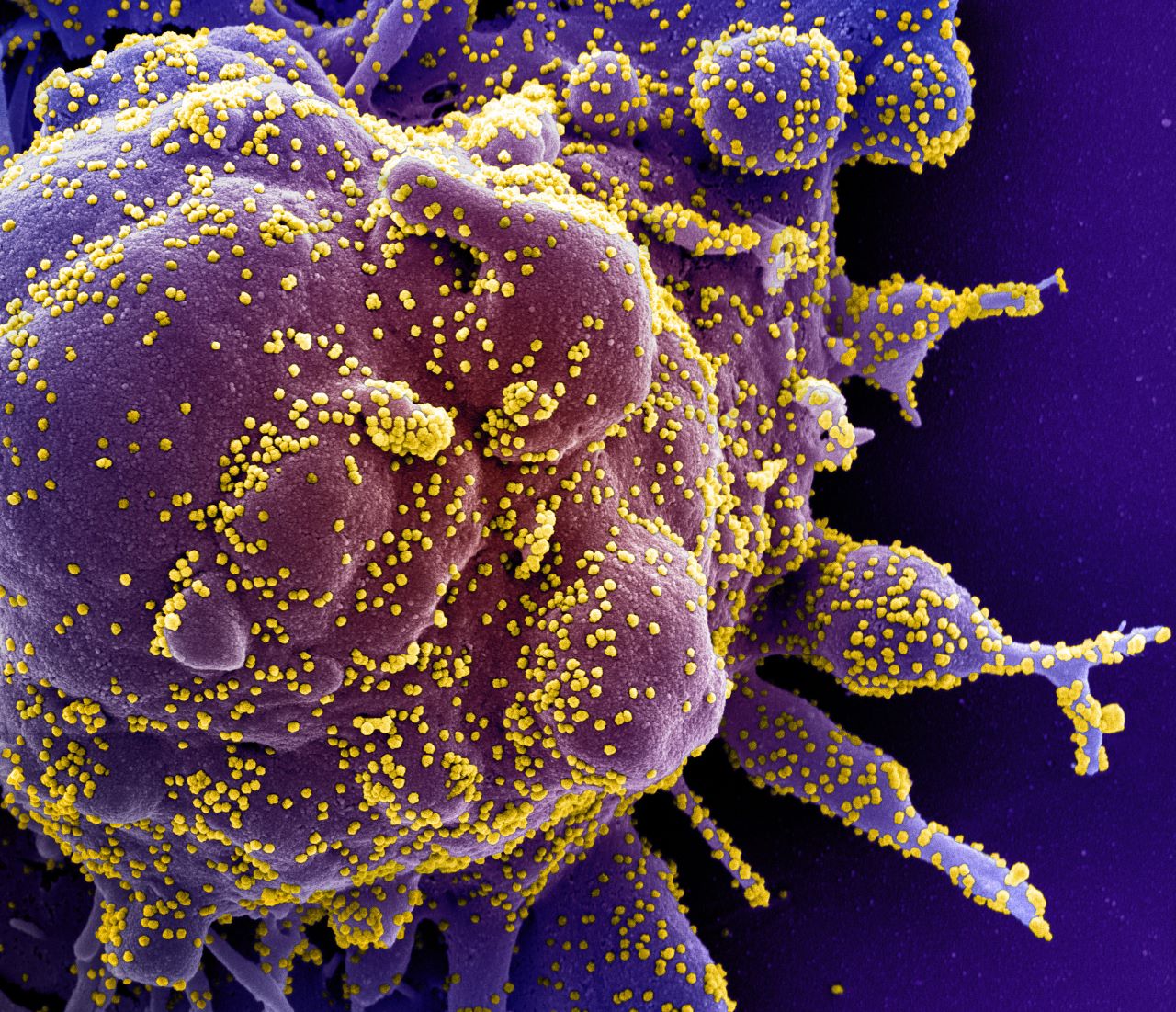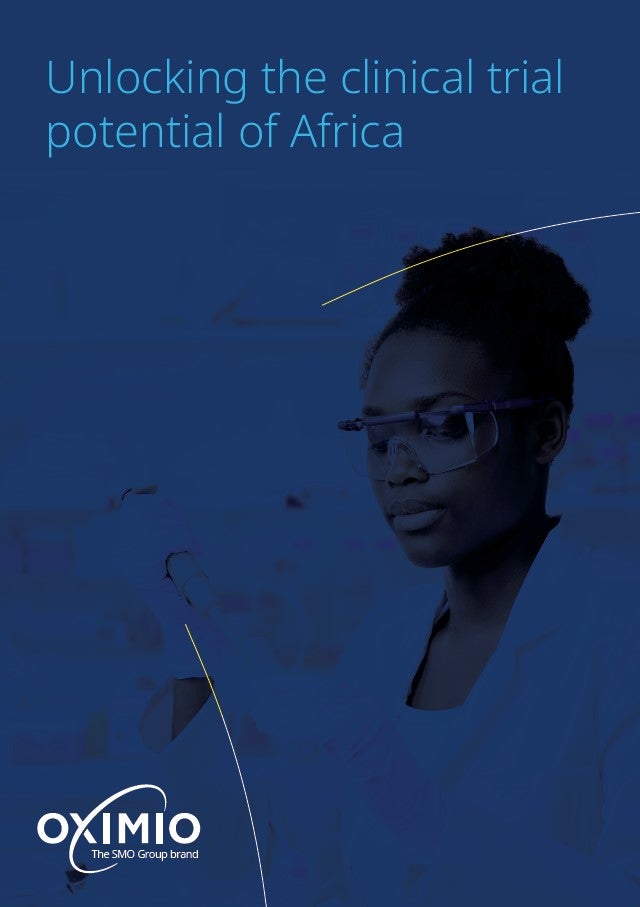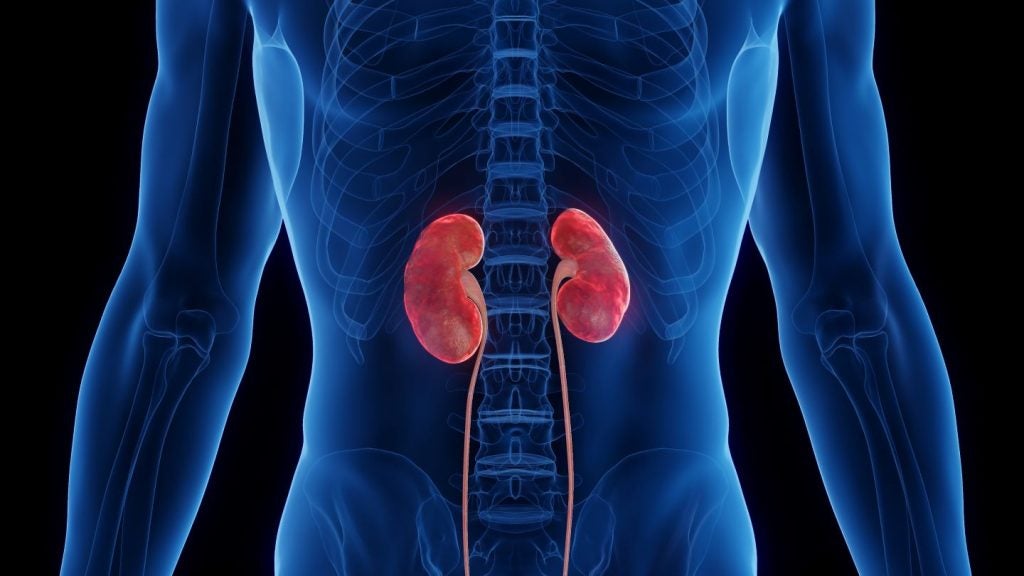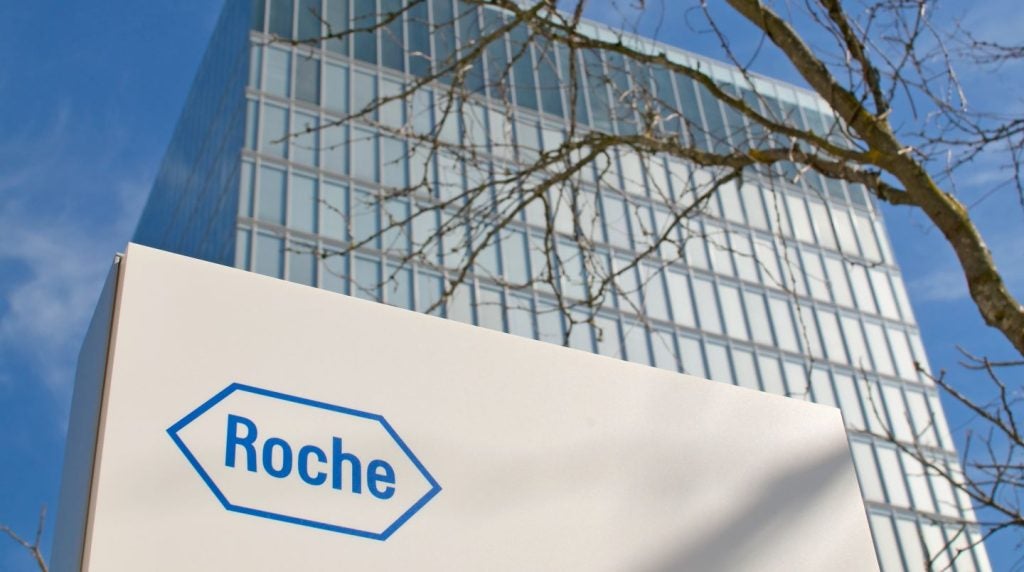
The US National Institutes of Health (NIH) has announced that preliminary results from a Phase III clinical trial of Eli Lilly and Company’s investigational monoclonal antibody, LY-CoV555, showed it failed to provide clinical benefit in hospitalised Covid-19 patients.
Discovered by AbCellera Biologics and the National Institute of Allergy and Infectious Diseases (NIAID)’s Vaccine Research Center, LY-CoV555 is developed and manufactured by Eli Lilly and Company, in collaboration with AbCellera.
In October, the trial halted new enrolment after an independent Data and Safety Monitoring Board (DSMB) recommended so.
The trial, which is part of the Accelerating COVID-19 Therapeutic Interventions and Vaccines (ACTIV) programme, is sponsored by NIH unit NIAID.
The randomised, placebo-controlled ACTIV-3 trial used a master protocol, which would aid in analysing various investigational agents versus placebo in hospitalised adult patients with Covid-19.
How well do you really know your competitors?
Access the most comprehensive Company Profiles on the market, powered by GlobalData. Save hours of research. Gain competitive edge.

Thank you!
Your download email will arrive shortly
Not ready to buy yet? Download a free sample
We are confident about the unique quality of our Company Profiles. However, we want you to make the most beneficial decision for your business, so we offer a free sample that you can download by submitting the below form
By GlobalDataIn the trial, participants randomly received either an experimental agent or a matched placebo along with the standard of care, including the antiviral remdesivir.
The LY-CoV555 sub-study enrolled 326 participants. Around 314 subjects randomly received either LY-CoV555 or placebo.
NIH noted that after five days, 50% of those received LY-CoV555 and 54% of placebo recipients were in one of the two most favourable outcome categories.
The investigators concluded that LY-CoV555 did not expedite clinical improvement versus placebo at day five in hospitalised Covid-19 patients without end-stage organ failure.
In addition, no difference in time to hospital discharge or the primary outcome of sustained recovery, back at home for 14 days were observed among those who received the treatment as compared with placebo.
In November, the US Food and Drug Administration granted emergency use authorisation (EUA) to LY-CoV555 to treat non-hospitalised adolescents and adults with mild to moderate Covid-19 symptoms who are at the risk of progressing to severe Covid-19.
In August, the NIH initiated a Phase III ACTIV-3 trial to evaluate various types of monoclonal antibodies as potential treatments for hospitalised Covid-19 patients.
Separately, three global trials, notably REMAP-CAP, ACTIV-4 and ATTACC, analysing the effects of full doses of anticoagulants (blood thinners) in Covid-19 patients have paused the enrolment for critically ill Covid-19 patients requiring intensive care unit (ICU) support.







